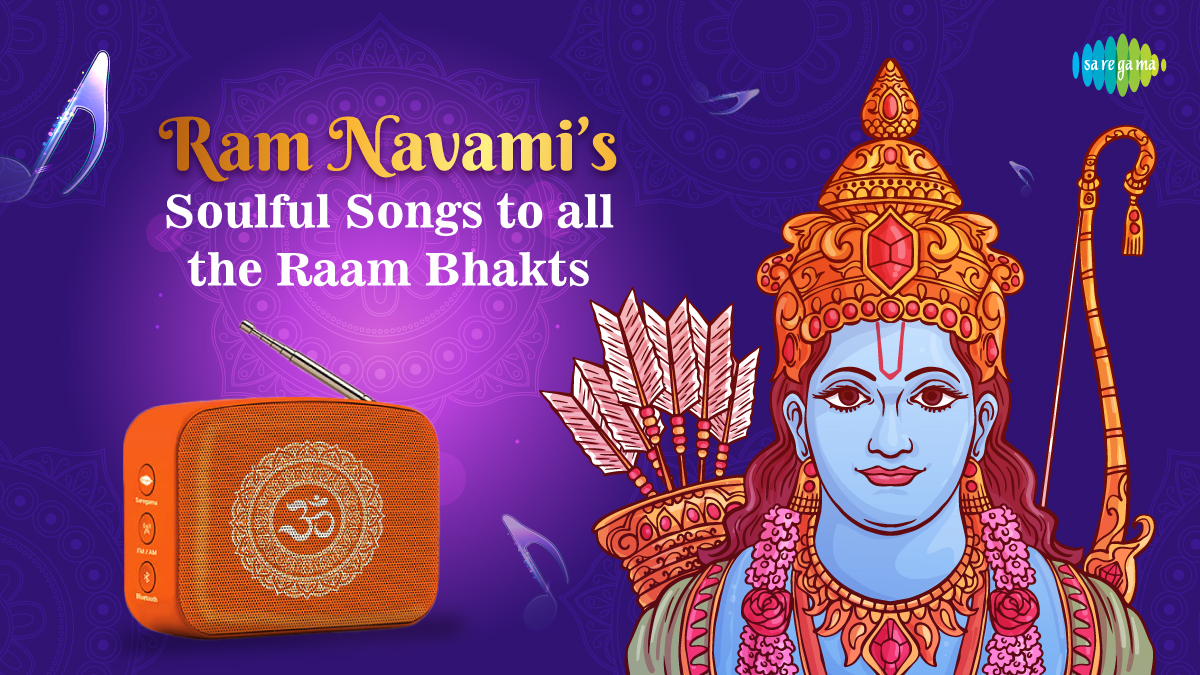As a child, we all remember hearing numerous stories about Lord Ram and his heroic deeds. He is a symbol of good over evil, representing strength, righteousness, and pure love and devotion for his spouse, Sita. And as Ram Navami is around the corner let us narrate one of our favourite stories:
Once upon a time, in the ancient land of Ayodhya, there was a king named Dasharatha who ruled with great wisdom and compassion. Despite having many wives, the king was childless, which made him very sad.
One day, the king decided to perform a special ritual called the Putrakameshti Yagna, which is performed to have a child. The ritual required the king to offer prayers to the gods and offer a special mixture of ghee, rice, and other sacred ingredients into a holy fire. As the ritual was being performed, a divine voice spoke from the fire and handed over a bowl of sweetened kheer to the king. The voice told the king to distribute the kheer among his wives, which would bless them with sons. The king did as he was told, and his three wives Kausalya, Sumitra, and Kaikeyi were blessed with sons. Kausalya gave birth to Ram, Sumitra to Lakshman and Shatrughna, and Kaikeyi to Bharat. Ram was born as a divine incarnation of Lord Vishnu, with a radiance that filled the room and touched the hearts of all who saw him. His beauty was beyond compare, and he had a natural grace and charm that captivated everyone.
As he grew up, Ram became known for his intelligence, courage, and kindness. He was loved and respected by all who knew him and became the heir to the throne of Ayodhya.
His story has been passed down for generations and continues to inspire people of all ages. As a prince of Ayodhya, Lord Ram exemplified strength, both physical and mental, as he faced numerous challenges with courage and resilience. He was a just and fair ruler, who always put the welfare of his people first. His unwavering commitment to righteousness and truth made him a beacon of hope for all those around him. Lord Ram’s love for his spouse, Sita, is also legendary. He proved his devotion time and time again, even going to war to rescue her from the clutches of the demon king, Ravana. Their story is a testament to the power of love and the importance of loyalty and commitment in any relationship.
The Significance of Ram Navami
Ram Navami is a significant festival in India and as mentioned earlier, it celebrates the birth of Lord Rama, who is considered to be the seventh incarnation of Lord Vishnu. It falls on the ninth day of the Hindu month of Chaitra, which usually falls in the months of March or April. This year, Ram Navami falls on April 2nd.
The festival of Ram Navami is celebrated with great enthusiasm and devotion by millions of Hindus across the world. It is believed that Lord Rama was born on this day to King Dasharatha and Queen Kausalya in Ayodhya, an ancient city in northern India. Lord Rama is regarded as the epitome of righteousness, courage, and devotion, and his life story, as described in the Hindu epic, Ramayana, is an inspiration to many.
On the day of Ram Navami, devotees wake up early and take a bath before offering prayers to Lord Rama. Many people observe a fast on this day, and some even refrain from drinking water until they perform their evening prayers. The day is marked by the recitation of hymns and prayers in praise of Lord Rama, and devotees visit temples to offer their prayers and seek his blessings.
One of the most popular traditions associated with Ram Navami is the Ramayana recital. Many people organize recitals of the Ramayana in their homes, communities, and temples. The recital is usually performed by a group of people, who narrate the story of Lord Rama’s life from his birth to his victory over the demon king, Ravana.
Another significant aspect of the festival is the distribution of prasad or holy food. Devotees prepare special dishes like sweet rice pudding, or kheer, and distribute them among friends, family, and neighbours. The significance of Ram Navami lies in the fact that it serves as a reminder of the importance of righteousness and sacrifice in our lives. Lord Ram is considered to be the epitome of dharma, and his life serves as a beacon of hope for millions of people across the world. His teachings emphasize the importance of leading a virtuous life, treating all beings with compassion and respect and upholding the values of truth and justice.
Ram Navami also serves as an occasion for people to come together and celebrate the diversity and richness of Indian culture. The festival is celebrated across different regions of India and is marked by a range of rituals and customs. In some parts of the country, people prepare special dishes to offer to Lord Ram, while in other regions, people organise community feasts to mark the occasion. The festival is also an occasion for people to wear new clothes, decorate their homes, and exchange greetings with friends and family.
With Saregama Carvaan Mini Bhakti, you can celebrate Ram Navami with absolute bhakti by immersing yourself in the divine melodies of devotional songs. The device features a user-friendly interface that allows you to easily navigate through its vast collection of songs and choose the ones that resonate with you the most.

